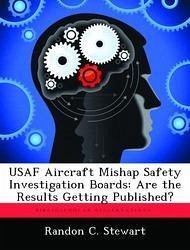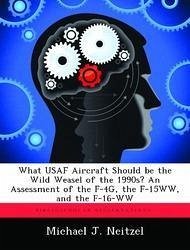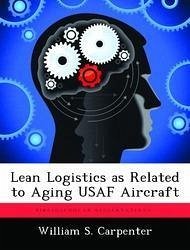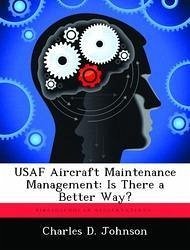Nicht lieferbar
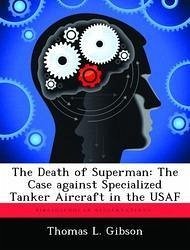
The Death of Superman: The Case against Specialized Tanker Aircraft in the USAF
Versandkostenfrei!
Nicht lieferbar
This thesis analyzes the need for a comprehensive recapitalization of United States Air Force air refueling capabilities. The end of the Cold War resulted in an uncertain international security environment devoid of a monolithic threat. While adjusting to its role as the world's sole superpower, the United States adopted an attitude of global responsibility, resulting in increased commitment of military forces. Subsequent deployments have taxed the core USAF tanker, the KC-135, to near critical levels, generating the recapitalization need. Conclusions are based on the synthesis of historical t...
This thesis analyzes the need for a comprehensive recapitalization of United States Air Force air refueling capabilities. The end of the Cold War resulted in an uncertain international security environment devoid of a monolithic threat. While adjusting to its role as the world's sole superpower, the United States adopted an attitude of global responsibility, resulting in increased commitment of military forces. Subsequent deployments have taxed the core USAF tanker, the KC-135, to near critical levels, generating the recapitalization need. Conclusions are based on the synthesis of historical trends, organizationally endorsed material, and a feasibility-acceptability-adequacy model. Five options, including staying with the current tanker force, modifying commercial aircraft, acquiring an all-new tanker, civilian contract refueling, and unmanned aerial tankers are assessed. The resulting combination of dynamic and static analysis reveals the need for a paradigm shift regarding the USAF tanker fleet.






